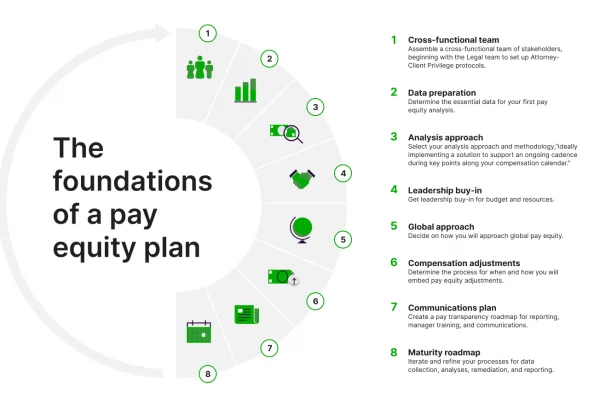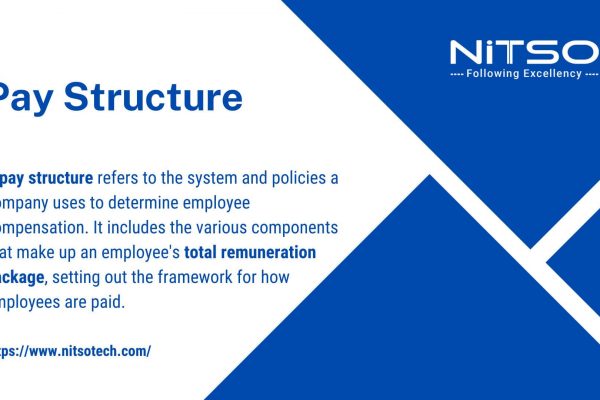
Job Pay Comparison Understanding the Factors That Influence Compensation
Comparing job pay is crucial for individuals to assess their earning potential and make informed career decisions. Various factors influence salary differences, including job role, experience, location, industry, and company size. Key Factors Affecting Job Pay Tools for Job Pay Comparison Several tools can be used to compare job pay: Tips for Effective Job Pay…










